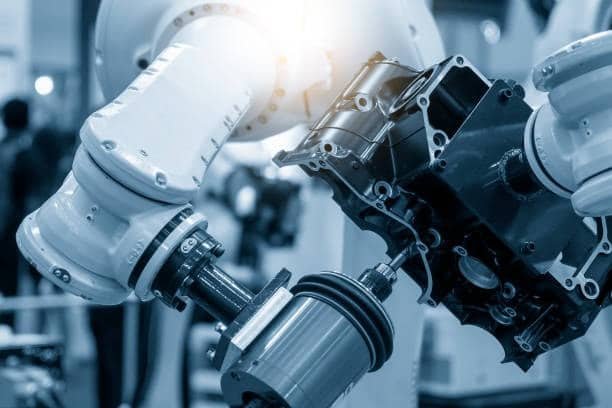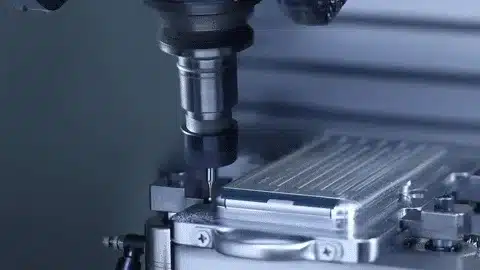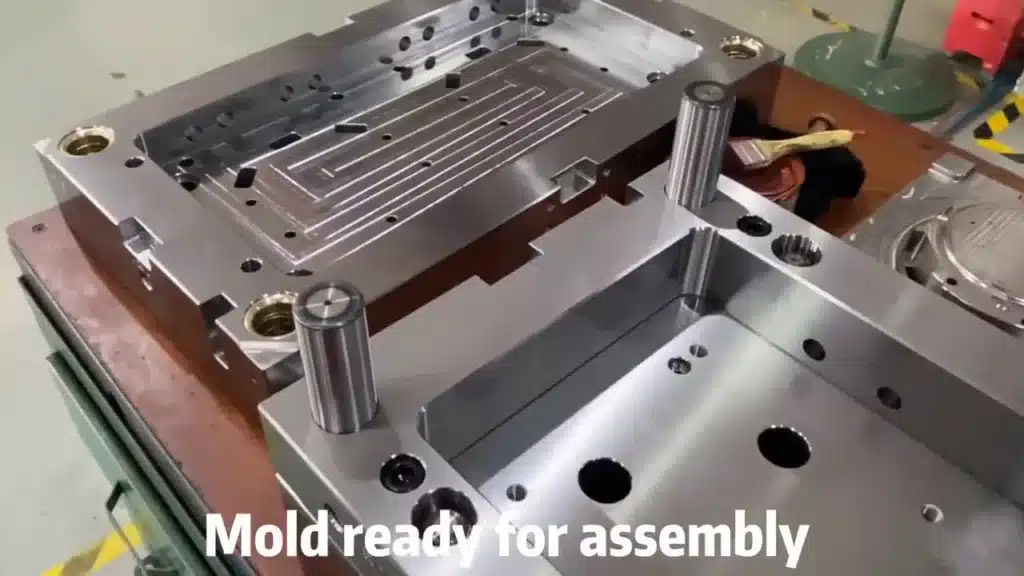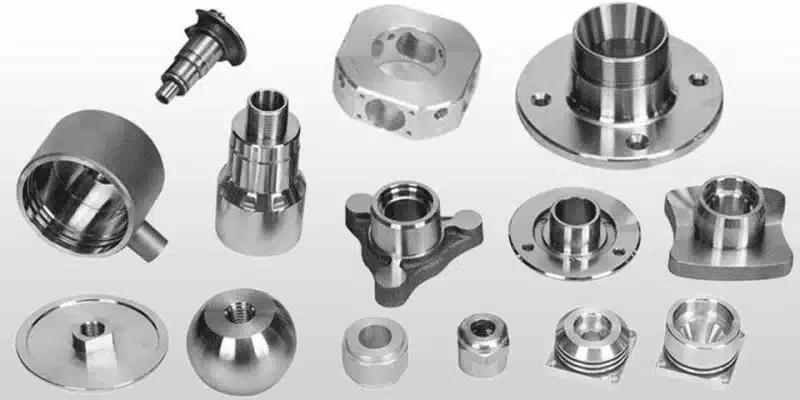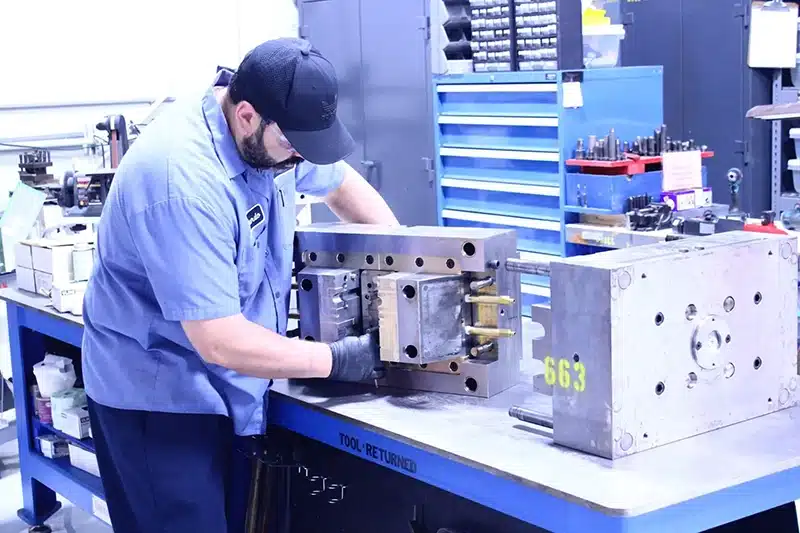Introduction
Computer Numerical Control (CNC) machines have revolutionized manufacturing across countless industries. These precision-driven automated systems follow programmed instructions to transform raw materials into intricate components and finished products with remarkable accuracy. From aerospace components to artistic crafts, CNC machines have expanded the possibilities of what can be manufactured with consistent quality and efficiency.
The versatility of CNC manufacturing enables the creation of everything from microscopic medical device components to massive architectural elements. As technology advances, these capabilities continue to grow, making CNC machining one of the most valuable and adaptable manufacturing methods available today.
This comprehensive guide explores the vast range of products that CNC machines can create across different industries, materials, and applications, showcasing the incredible breadth of CNC manufacturing capabilities.
Understanding CNC Technology
CNC machining utilizes computer-controlled tools to remove material from a workpiece, following precise digital instructions. This subtractive manufacturing process differs from additive techniques like 3D printing and offers exceptional precision and material versatility.
At its core, CNC technology relies on CAD (Computer-Aided Design) and CAM (Computer-Aided Manufacturing) software that translates designs into machine instructions. These instructions guide cutting tools along precise paths to create the desired shapes and features.
The accuracy of modern CNC machines is measured in microns, allowing for tolerances tighter than what human operators could consistently achieve. This precision, combined with automation capabilities, makes CNC machining indispensable for mechanical systems and applications requiring exactness and repeatability.
Types of CNC Machines and Their Outputs
CNC Mills
Mills use rotary cutters to remove material from a workpiece. Multi-axis CNC mills can create complex three-dimensional parts with intricate geometries. Common products include:
- Custom mechanical components
- Automotive parts
- Mold and die components
- Precision instrument parts
- Custom hardware and fixtures
CNC Lathes
Lathes rotate a workpiece while applying cutting tools to create cylindrical parts. Their primary output includes:
- Shafts and axles
- Bushings and bearings
- Threaded components
- Custom fittings and fasteners
- Precision turned parts
CNC Routers
Routers excel at working with softer materials like wood, plastics, and soft metals, producing:
- Custom cabinetry and furniture
- Decorative panels and signs
- Architectural moldings
- Custom woodwork
- Prototype models
CNC Plasma Cutters
Plasma cutters use ionized gas to cut through conductive materials, primarily metals, creating:
- Metal art and sculptures
- Custom metal signs
- Industrial components
- Structural steel parts
- Decorative metal panels
CNC Laser Cutters
Laser cutting technology offers precision cutting, engraving, and marking capabilities for:
- Intricate metal parts
- Custom acrylic products
- Engraved wood items
- Personalized gifts
- Detailed signage
CNC Water Jets
Water jets use high-pressure water streams, often mixed with abrasives, to cut through various materials including:
- Stone countertops and tiles
- Thick metal components
- Glass art and fixtures
- Composite material parts
- Large-format metal signs
CNC Applications Across Major Industries

Aerospace Industry Applications
The aerospace industry demands components with exceptional precision and reliability. CNC machines produce:
- Turbine blades and engine components
- Landing gear parts
- Interior cabin fixtures
- Structural airframe components
- Satellite and spacecraft parts
These components must meet rigorous quality standards and often require exotic materials like titanium alloys and high-temperature superalloys that CNC machines can effectively process.
Automotive Manufacturing
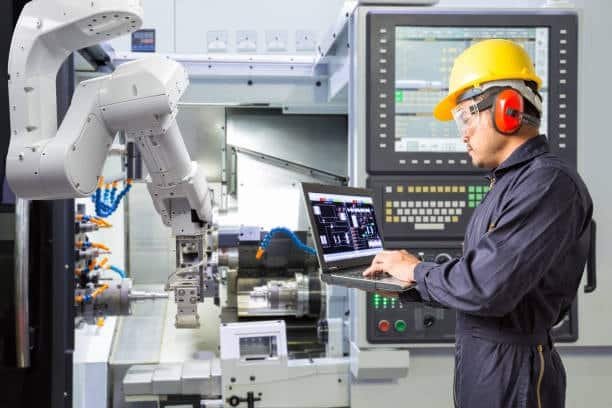
CNC technology is integral to modern automotive production, creating:
- Engine blocks and cylinder heads
- Transmission components
- Custom performance parts
- Prototype vehicle components
- Tooling for vehicle assembly
The automotive industry leverages CNC machining for both production vehicles and specialized racing applications where precision directly impacts performance.
Medical Device Production

The medical field relies on CNC machining for components that must meet strict regulatory requirements:
- Orthopedic implants
- Surgical instruments
- Dental prosthetics
- Medical imaging equipment parts
- Laboratory equipment components
These applications often require biocompatible materials like titanium and specialized plastics that CNC machines can precisely shape.
Electronics Industry

Modern electronics and personalized accessories depend on CNC-machined components including:
- Heat sinks and cooling solutions
- Chassis and enclosures
- Circuit board fixtures
- Testing equipment
- Custom connectors
The precision of CNC machining is crucial for electronic components where tolerances directly impact functionality and reliability.
Furniture and Woodworking
CNC technology has transformed traditional woodworking, enabling the creation of intricate wooden carvings :
- Custom cabinetry with intricate designs
- Artistic wooden sculptures
- Precision-cut furniture components
- Decorative panels with complex patterns
- Custom wooden fixtures
CNC routers allow woodworkers to achieve consistency and complexity that would be challenging or impossible with manual techniques.
Material Capabilities of CNC Machines
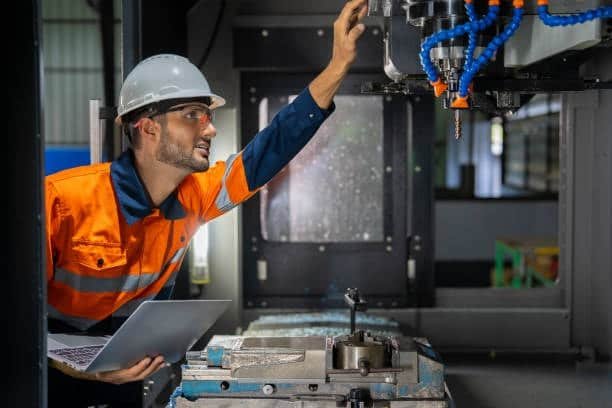
Metals and Alloys
CNC machines excel at processing various metals including:
- Aluminum alloys for lightweight applications
- Stainless steel for corrosion resistance
- Tool steel for durable components
- Brass and copper for electrical applications
- Titanium for strength-to-weight ratio
Each metal presents unique machining challenges that modern CNC technology can effectively address through appropriate tooling and cutting parameters.
Plastics and Polymers
The versatility of CNC extends to numerous plastics:
- Acrylic for transparent applications
- Delrin (POM) for mechanical components
- Polycarbonate for durable parts
- Nylon for wear-resistant applications
- ABS for prototypes and end-use parts
CNC machines can achieve excellent surface finishes on plastics, often eliminating the need for secondary finishing processes.
Wood and Composites
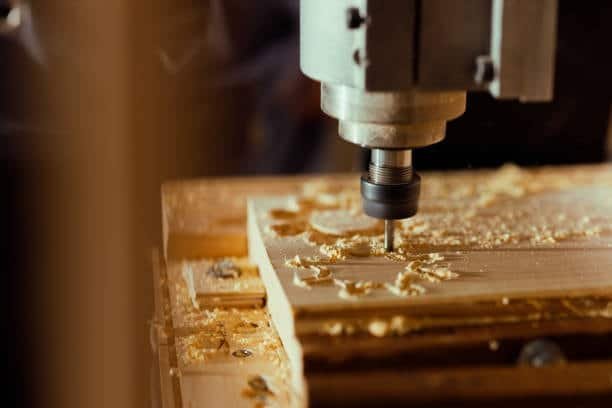
Beyond traditional woodworking, CNC routers work with various wood materials:
- Hardwoods for furniture and decorative items
- Softwoods for architectural elements
- Plywood and MDF for efficient production
- Particleboard for economical applications
- Wood composites for specialized uses
The precision of CNC routing allows for complex joinery and detailed carving that enhances both function and aesthetics.
Specialty Materials
Advanced CNC capabilities extend to specialized materials:
- Ceramics for technical applications
- Glass for custom fixtures
- Carbon fiber composites for lightweight strength
- Foam materials for prototyping
- Stone for architectural elements
These materials often require specialized tooling and cutting parameters that modern CNC systems can accommodate.
Artistic and Creative CNC Applications
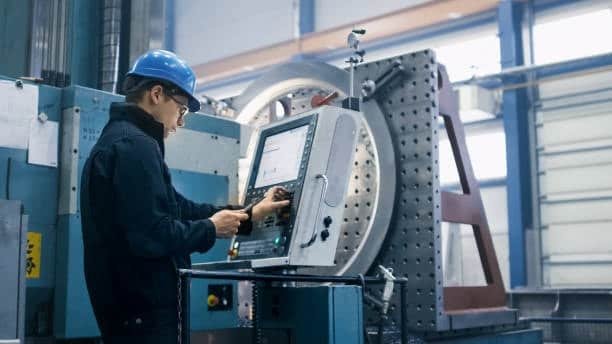
Decorative Items and Gifts
CNC technology enables the creation of personalized products through the ability to create custom designs :
- Custom engraved jewelry
- Personalized plaques and awards
- Decorative boxes with intricate patterns
- Custom signage and home decor
- Personalized gifts and keepsakes
The ability to reproduce intricate designs consistently makes CNC machining ideal for decorative applications.
Sculptures and Art Installations
Artists increasingly use CNC technology for creating:
- Large-scale public sculptures
- Relief carvings with complex topography
- Kinetic art with precision-machined components
- Multi-material artistic compositions
- Architectural art installations
CNC machining allows artists to realize designs that would be prohibitively difficult using traditional techniques.
Custom Instruments and Sound Equipment
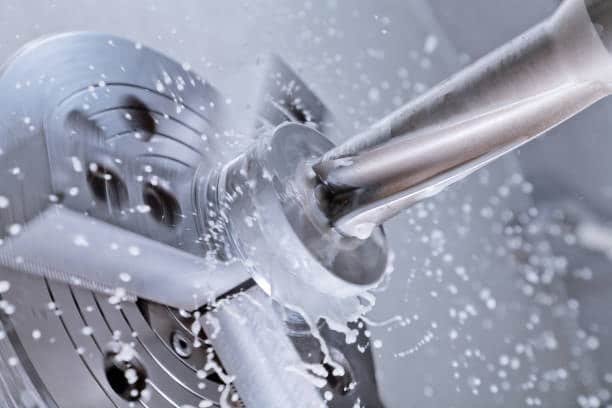
Musical applications of CNC machining include:
- Guitar bodies and necks
- Custom drum shells
- Piano components
- Speaker enclosures
- Acoustic diffusers and sound treatment
The precision of CNC machining directly impacts the acoustic properties of musical instruments, making it valuable for instrument makers.
Practical Products for Daily Use
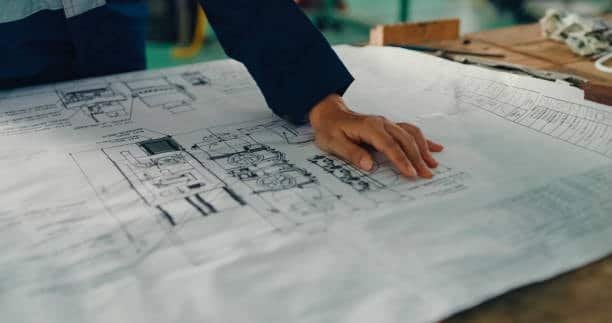
Home Goods and Furnishings
CNC machines produce numerous household items:
- Custom kitchen utensils and cutting boards
- Decorative wall panels and room dividers
- Unique furniture pieces
- Custom lighting fixtures
- Specialized storage solutions
These products often combine functionality with distinctive design elements that set them apart from mass-produced alternatives.
Tools and Hardware
CNC machining creates precise tools and hardware:
- Custom screwdrivers and wrenches
- Specialized jigs and fixtures
- Precision measurement tools
- Custom mounting brackets
- One-off mechanical devices
The ability to create exact specifications makes CNC machining ideal for specialized tools that aren’t commercially available.
Educational Models and Teaching Aids

Educational applications include board games, where CNC machines can create accurate representations of complex concepts, enhancing educational experiences through tangible learning aids.
- Anatomical models for medical training
- Engineering demonstration models
- Scientific visualization tools
- Mathematical concept models
- Historical replicas for museums
CNC machines can create accurate representations of complex concepts, enhancing educational experiences through tangible learning aids.
The Future of CNC Manufacturing

Hybrid Manufacturing Systems
The integration of CNC machining with other technologies is creating new manufacturing capabilities:
- Combined additive and subtractive processes
- In-process inspection and verification
- Automated material handling systems
- Multi-material manufacturing capabilities
- Adaptive machining based on real-time feedback

These hybrid systems expand the range of what can be produced efficiently with CNC technology.
Micro-Machining Capabilities
Advances in CNC precision enable the creation of increasingly small components:
- Microfluidic devices
- Miniature medical implants
- Watch components
- Microscale electronic housings
- Precision optical components

These applications require exceptional machine stability and advanced tool control that modern CNC systems can provide.
Sustainable Manufacturing Practices
CNC technology is evolving to address environmental concerns, including the production of home décor items that are more sustainable.
- Optimized material usage and reduced waste cnc machines enable
- Energy-efficient machining strategies diy projects
- Biodegradable cutting fluids cnc project ideas storage boxes
- Recycled material processing capabilities
- Long-lasting components that reduce replacement frequency cnc business plan

These practices extend what CNC machines can make to include more environmentally responsible manufacturing solutions cnc machine lets.
Conclusion
CNC machines have transformed manufacturing across countless industries, pushing the boundaries of what’s possible in precision fabrication. From massive aerospace components to microscopic medical devices, from functional automotive parts to expressive artistic creations most cnc routers, the versatility of CNC technology continues to expand our manufacturing capabilities.
The combination of precision, repeatability, and material versatility makes CNC machining indispensable for modern production. As technology advances, we can expect CNC capabilities to expand further, incorporating intelligent features, greater automation, and increasingly sustainable practices.
Whether creating essential components for critical applications or bringing artistic visions to life, CNC machines remain at the forefront of manufacturing innovation, enabling the production of increasingly complex and precise parts that shape our modern world cnc products.

